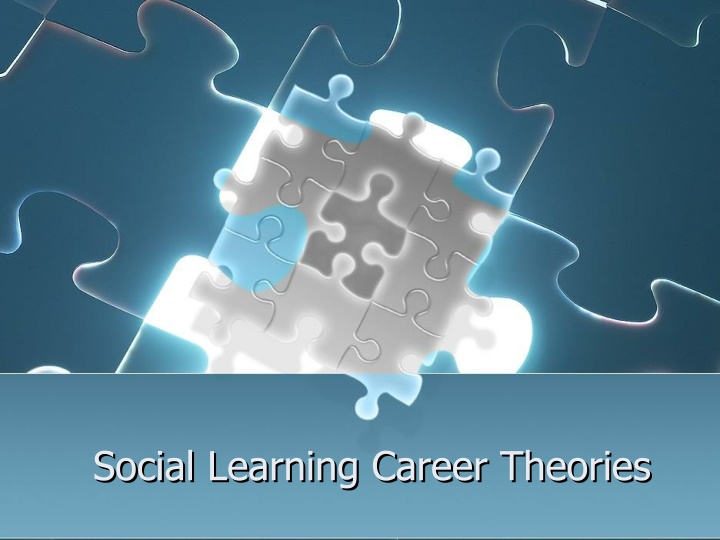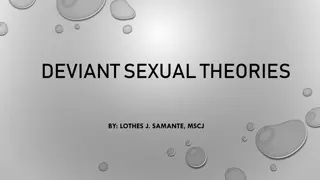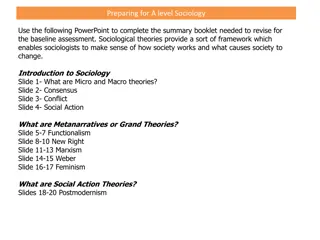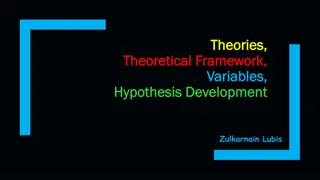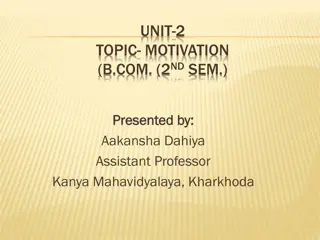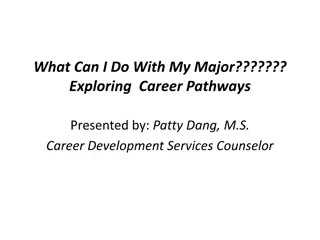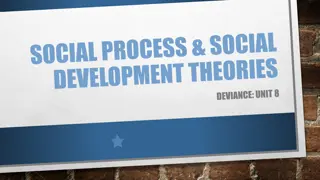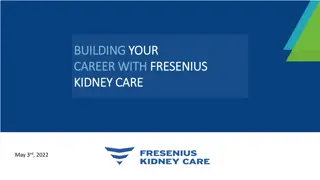Social Learning Career Theories
Learn about Social Learning Career Theories and the SCCT Career Development Building Blocks, including Self-efficacy. Explore concepts such as Career Decision-Making, Choice Models, Counseling Strategies, and identifying foreclosed career options. Discover how to analyze barriers and modify self-efficacy beliefs to achieve your career goals.
Download Presentation

Please find below an Image/Link to download the presentation.
The content on the website is provided AS IS for your information and personal use only. It may not be sold, licensed, or shared on other websites without obtaining consent from the author.If you encounter any issues during the download, it is possible that the publisher has removed the file from their server.
You are allowed to download the files provided on this website for personal or commercial use, subject to the condition that they are used lawfully. All files are the property of their respective owners.
The content on the website is provided AS IS for your information and personal use only. It may not be sold, licensed, or shared on other websites without obtaining consent from the author.
E N D
Presentation Transcript
SCCT Career Development Building Blocks Self- efficacy
Agenda Social Cognitive Sociological LTCC Happenstance
SCCT Career Decision-Making Career Decision Outcome (good or bad) Performance experiences Goals Career-related interests Self-efficacy/outcome expectancies
Choice Model State a goal Take action Get enough experience to help determine the next step
Example Lisa wants to choose a major. (goal) She decides to research 3 majors. (take action). Based on that, she finds she hates one but likes the others, and decides to do more research (determined next step). Similar to?
3 Counseling Strategies 1. Identify foreclosed career options 2. Analyze barriers 3. Modify self-efficacy beliefs
Identify foreclosed career options Expand options Similar to which stage in CIP? How??? Assessments Iinterest/skill match (e.g., CISS)
2. Analyze barriers Name them Real or perceived? Likelihood to happen? Plan to overcome?
3. Modify Self-Efficacy Beliefs Create new performance experiences Proof for new beliefs Look at the past Where d these beliefs come from? Reframe
Counseling Questions What are your goals? Rate your ability to accomplish your goal. How do you expect counseling to turn out? How successful do you think you ll be in this career? What do you want out of work?
Krumboltz Learning Theory of Career Counseling We make career decisions through observation and reinforcement 4 components of career development: Genetic endowments/special abilities Environmental conditions/events Learning experiences instrumental or associative Task approach skills
Problematic beliefs Examples Abandoning a goal too soon Unrealistic beliefs about self or chosen career Selecting a career too soon Unrealistic view of world Counselor Role Challenge problematic beliefs Use behavioral theory Provide clients with shadowing opportunities Use assessment results
CD Observations CD making = learned skill Those who ve made a choice may also need help Often made from inaccurate information Career counseling success should be measured by client s decision making skill Don t just focus on existing characteristics-expand on them!
Counseling Questions What types of work are you considering? How did you learn about these jobs? Tell me about people and or types of work you admire/don t like and why. What types of beliefs do you have about yourself and the world that might impact your choice? How do you approach problems, such as making a career decision?
Happenstance Learning Theory People can make chance happen by pursuing an active life that increases the number of fortuitous encounters they are likely to experience Alfred Bandura
Assumptions Traditional Happenstance Radical Idea Indecision help people overcome indecision and make a choice welcome indecision as a sensible approach to a complex and unpredictable future Undecided versus open- minded indecision is sensible and desirable Chance help people plan so they minimize the effects of chance events help people create and capitalize on chance events clients should be taught to create unplanned chance events
Engage and Act on Curiosity Happenstance: creating and transforming unplanned events into career opportunities. HOW???? Teach clients to become curious Good Question to ask: How have you learned from the unexpected??? Why curiosity might be blocked: What questions Desperate need for certainty Anxiety blocks curiosity: discuss or refer Replace What questions with How and Why questions
5 Skills Applied to Create Chance Curiosity Persistence Optimism Flexibility Risk-taking
Steps/Counseling Questions in Applying Planned Happenstance 1) Normalize Planned Happenstance 2) Assist client in transforming curiosity 3) Teach your client to create chance 4) Teach client to overcome blocks to action 5) Advocate energetic open-mindedness See handout in Blackboard
